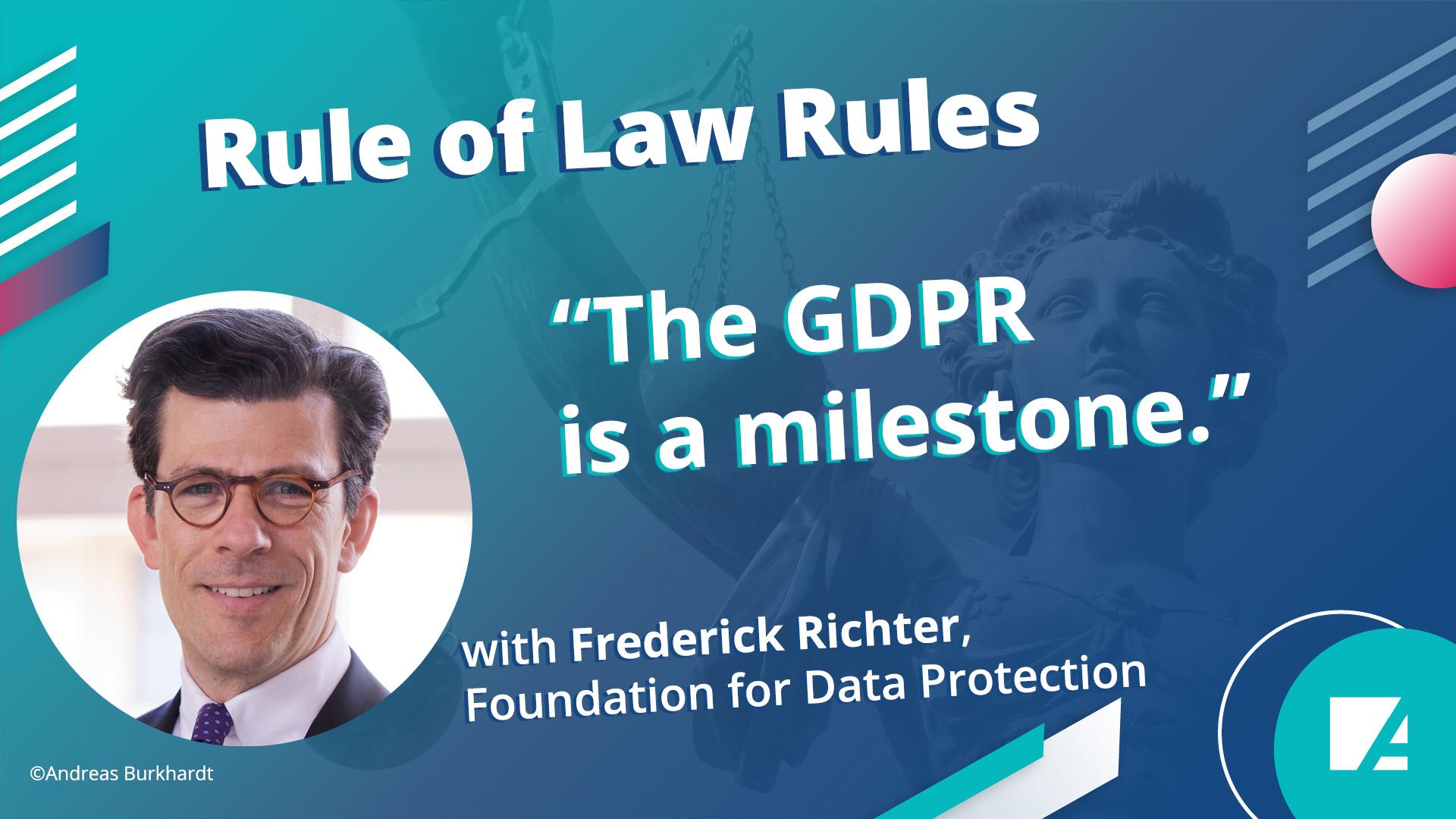The judicial reform on which the judicial election of 1 June 2025 is based goes back to the first corresponding announcements by former President Andrés Manuel López Obrador (AMLO) in 2023. As early as January 2, 2023, he criticized the economic and political dependence of the judges. On 5 February 2024, AMLO initiated the judicial reform: it presented a comprehensive reform package with a total of 18 constitutional amendments, including the direct election of the judiciary. With the election result of June 2, 2024, in which Claudia Sheinbaum was elected president with a clear majority, the MORENA coalition achieved the required 2/3 majority in the Chamber of Deputies and secured this majority in the Senate by "changing the mind" of some senators from the opposition. These constitutional amendments could already be passed on August 15, 2024 (still during AMLO's term of office, but with the newly elected Congress). This cleared the (legal) way for the election of judges on 1 June 2025.
According to the electoral register, a total of 99.7 million Mexicans were called to vote, but only around 84,000 ballot boxes were available. This is half of the ballot boxes otherwise available in a national election, a result of the drastic funding cut by the electoral institute INE (Instituo Nacional Electoral). Immediately before the election, estimates assumed a voter turnout of between 10 and 15 percent (around 60 percent of Mexicans are regularly involved in political elections), which is due to lack of knowledge on the one hand and lack of interest on the other. On June 1, half of the judges 2025 were elected. The other half will be elected in 2027 at the same time as the national election to the Chamber of Deputies. At the beginning of 2025, a raffle took place, which was the random definition of which judge posts in which parts of the country will be elected now, and which will not be elected until 2027. In total, in 2025 it was about the 9 judges of the Supreme Court, 2 judges of the Supreme Electoral Court, 15 judges in regional electoral courts, 5 judges in the Disciplinary Court, 850 federal judges in various territorial districts and with different professional competences. In addition, there were around 2,000 local judges in 19 states.
The popular election of judges represents a remarkable area of tension between democratic legitimacy and judicial independence. The Bolivian experience shows that the popular election of judges does not automatically lead to a stronger democracy. Without appropriate mechanisms to ensure the independence and qualification of judges, this system can increase political influence on the judiciary and undermine popular trust in the rule of law. It is therefore important that reforms are carefully planned and implemented to ensure the independence of the judiciary while promoting democratic legitimacy.
The extent to which the previous deficits of the Mexican judiciary, which have rightly been criticized, such as the high degree of impunity for crimes and the lengthy court proceedings leading up to the verdict by the newly elected judges, are to be remedied or at least noticeably improved at all levels, should be viewed with considerable scepticism. The significantly lowered professional qualifications, the non-relevant experience in the candidacies, the selection process characterized by political influence and the amalgamations with organized crime rather lead to the conclusion that the existing deficits not only cannot be remedied, but that a number of aspects are seriously deteriorating become. June 1, 2025 is therefore unlikely to go down in history as a gain for Mexican democracy, but rather as a day on which the development of the rule of law and democracy in Mexico suffered a severe setback.
The full-length country report is only available in German.






